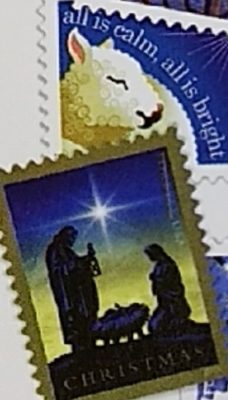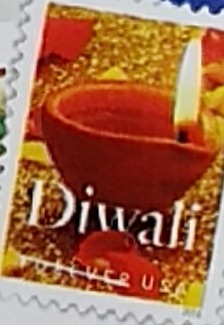I’ve hesitated to write this post, because I don’t want to sound like a right-wing nutjob ranting about the war on Christmas, and because I recognize that I’m speaking with the privilege of someone who belongs, more or less, to the dominant culture.
Even so, here it is: I find it weird and off-putting for someone to go through gyrations to avoid wishing people a holiday that they may not celebrate. Most particularly, I dislike making good wishes conditional.
As I say, I understand the privilege of being able to accept a Happy Chanukah, Eid Mubarak, or Happy Cow Pongal without there being any implication as to my own position within either that or the dominant culture, and I understand that the converse would not be the case. And I’m totally not with the war-on-Christmas folks: I’m perfectly sanguine with generic holiday greetings like “Happy Holidays” or “Season’s Greetings.”
It’s the conditional holiday wishes that bug me. Give me a sincere “Happy Diwali” and I’ve got no problem. But it would strike me as odd—even a little disturbing—if someone wished me a “Happy festival of lights, if you celebrate one at this time of year!”
A month ago, the anchor on BBC News America was signing off on Thanksgiving day and went through some such circumlocutions to wish everyone who celebrated it a Happy Thanksgiving. Is that is really necessary? What could possibly be the harm in wishing someone from Europe or Asia or South America (or Canada, for whom it would be a month late) a “Happy Thanksgiving” even if they don’t celebrate it?
Now, I certainly don’t want to suggest that members of the non-dominant culture should be obliged to keep track of the dominant culture’s holidays and cough up the appropriate greetings: Quite the reverse.
I’m glad to be given holiday best wishes for whatever holidays you celebrate, and, as I say, I’m perfectly happy with generic holiday best wishes. If you happen to know that it’s some local holiday, and feel moved to do so, you can wish me a good one of those holidays too, but don’t feel obliged on my account. (And if you want to snub one of my holidays, for whatever reason, that’s fine too. I probably won’t even notice. That’s what the privilege of belonging to the dominant culture is.)
Merry Christmas and Happy New Year!








